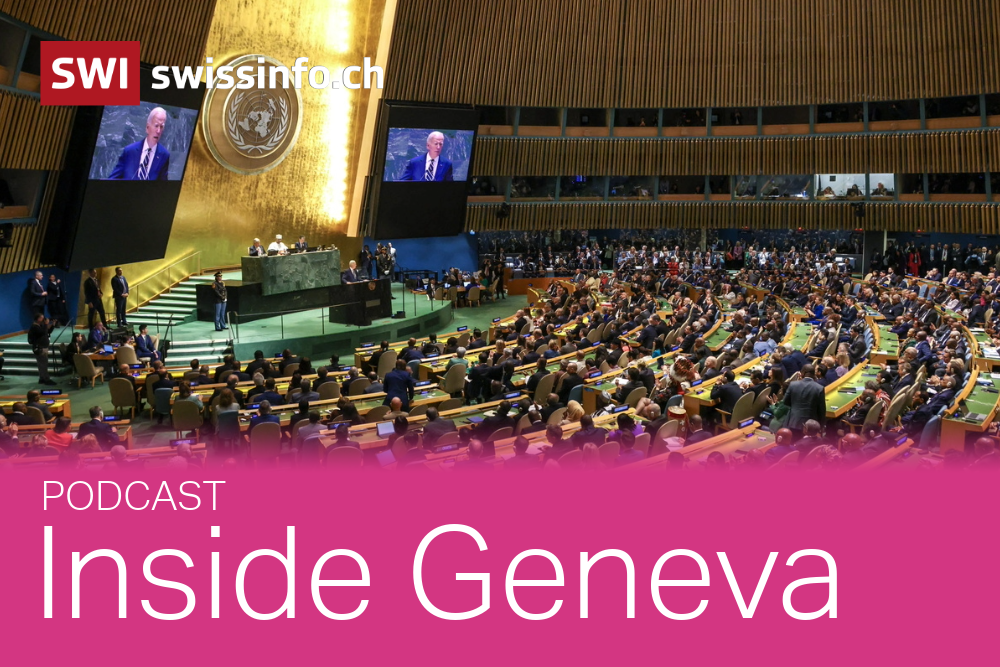Inside Geneva: Does the UN have a future?

In 2024 there are more than 100 conflicts ongoing, worldwide. A record number of aid workers have been killed.
Tom Fletcher, UN Emergency Relief Coordinator: “It’s not just the ferocity of these conflicts, Gaza, Ukraine, Sudan, Syria. It’s about that wilful neglect of international humanitarian law. And as a result we seem to have lost our anchor somehow. That scaffolding, that we felt was there, international humanitarian law that I was hoping we’d be taking for granted at this point, is shaking.”
Inside Geneva asks whether we have given up on international law.
Nico Krisch, Professor of International Law, Geneva Graduate Institute: “If I see the Europeans talks about international law and the rules based order, but then keep supporting Israel in the face of the International Court of Justice – deliver weapons, not take part in the negotiations on the legally binding instrument on business and human rights that many countries in the global south want, then I ask well, what do you really mean by your commitment to international law and multilateralism?”
Can the United Nations survive such double standards?
Richard Gowan, Crisis Group: “I think the rest of the UN membership is watching this, they’re seeing a fragmenting international order, and they are profoundly frustrated.”
And what about the long term effects of so much violence, for the perpetrators as well as the victims?
Cordula Droege, Chief Legal Officer, ICRC: “Humanitarian law is also based on the fact that to dehumanise your enemy means that you also dehumanise yourself. And if you do it on a large scale you dehumanise the entire society and the fabric of society.”
Is the age of multilateralism, cooperation, the ‘rules based order’ over?
Jan Egeland, Secretary General, Norwegian Refugee Council: “The ideals were shared by more governments, there was more unity of purpose. And today there is more nationalism, introspection, skepticism. Europe first, America first, me first, rather than humanity first.”

In compliance with the JTI standards
More: SWI swissinfo.ch certified by the Journalism Trust Initiative









You can find an overview of ongoing debates with our journalists here . Please join us!
If you want to start a conversation about a topic raised in this article or want to report factual errors, email us at english@swissinfo.ch.